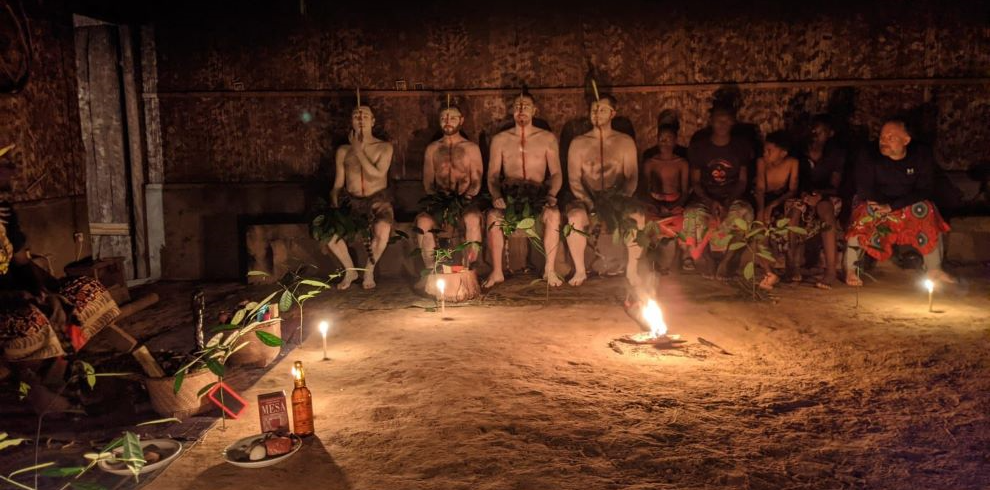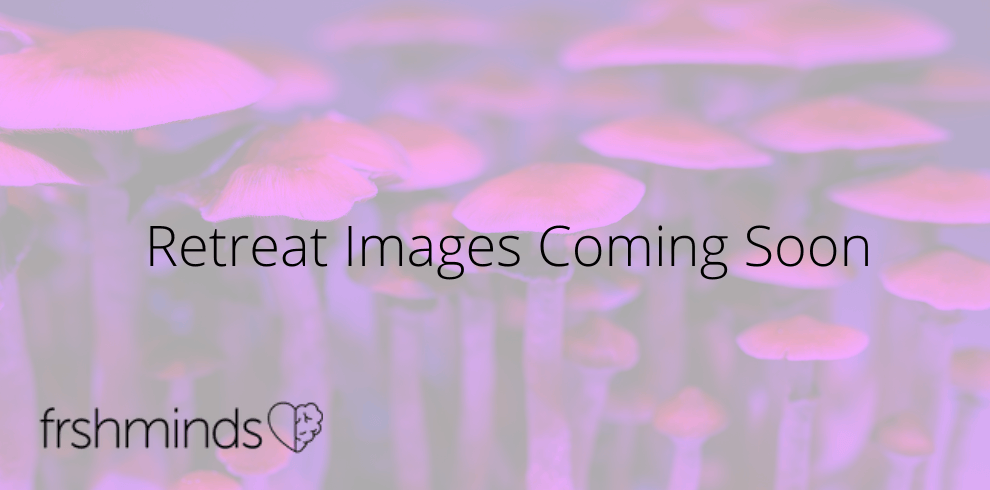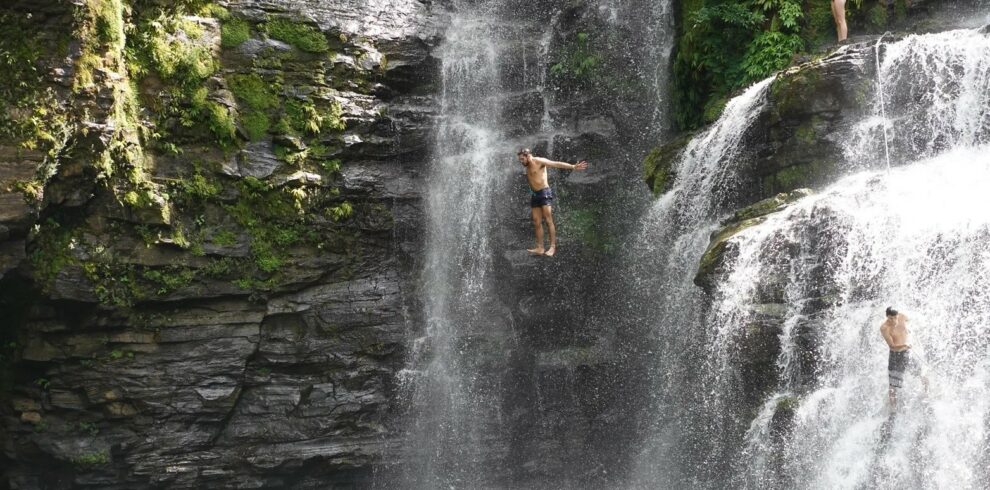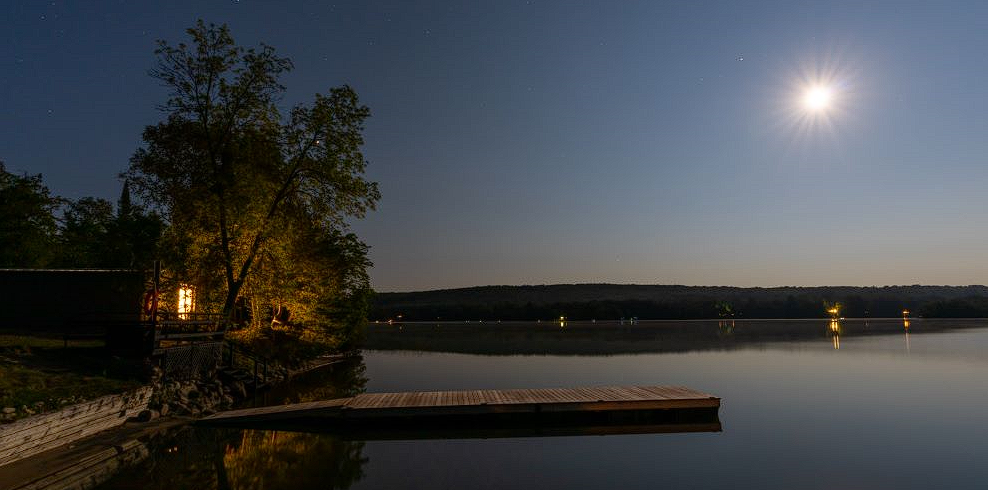- 1
- 1
- 12
- 5
- 2
- 3
- 1
- 1
- 26
- 13
- 1
- 1
- 6
- 1
- 1
- 1
- 1
- 1
- 10
- 6
- 1
- 1
- 37
- 5
- 1
- 1
- 2
- 9
- 3
- 12
- 1
- 1
- 2
- 2
- 11
- 6
- 4
- 1
- 23
- 1
- 7
- 1
- 1
- 1
- 2
- 1
- 1
- 1
- 1
- 1
- 1
- 3
- 1
- 41
- 0
- 1
- 11
- 18
- 4
- 8
- 3
- 5
- 27
- 5
- 12
- 4
- 1
- 3
- 2
- 13
- 2
- 2
- 1
- 2
- 2
- 3
- 1
- 12
- 3
- 3
- 2
- 37
Psychedelic Retreats in Canada
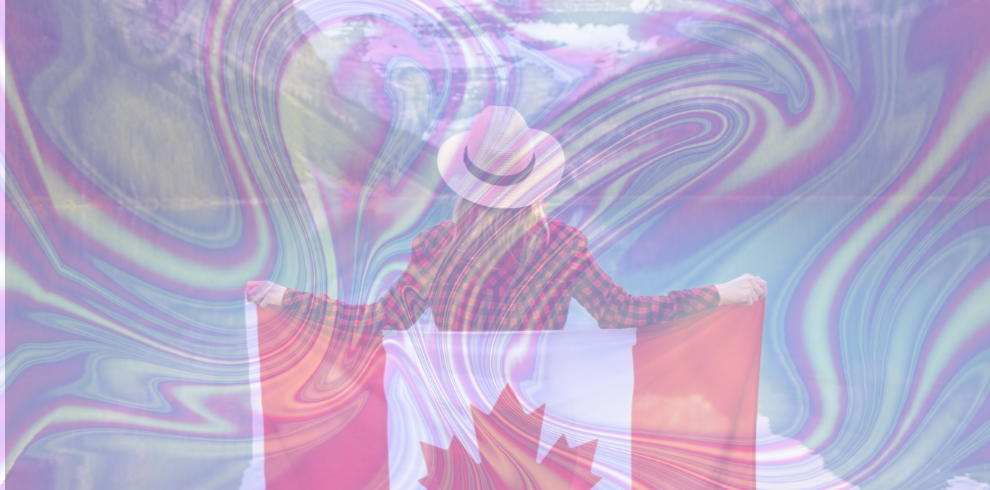
The history and legal status of psychedelics in Canada are complex and multifaceted, much like in the United States. Psychedelic substances have a long history, being used in indigenous practices and becoming popular during the counterculture movement in the 1960s.
Recently, there has been a change in public opinion and new research suggesting that psychedelics might have mental health benefits. This has led to debates about whether their legal status should be reevaluated. The situation surrounding psychedelics in Canada is complex, as it involves balancing their cultural significance and therapeutic potential with concerns about safety and abuse.
History of Psychedelics in Canada
Psychedelics, also known as hallucinogens, are substances that can alter perception, mood, and cognitive processes. In Canada, the use of psychedelics has a history dating back several decades. Psilocybin, a compound found in magic mushrooms, was outlawed in Canada in 1974, following the United States' lead. However, there has been a recent shift in the country's perception and legal status of psychedelics.
Legal Status of Psychedelics in Canada
Psychedelics are regulated under Canada's Controlled Drugs and Substances Act (CDSA). They are classified into different schedules based on their potential for abuse and danger. n Canada, psychedelic drugs are classified into different schedules based on their potential for abuse and danger. Here is an overview of how they are scheduled:
- Schedule 1 substances: These substances are considered to have the highest potential for abuse and pose the most severe penalties. Examples include MDMA (commonly known as ecstasy) and ketamine.
- Schedule 2 substances: This schedule is specifically for cannabis and its derivatives, which have their own regulations separate from other psychedelics.
- Schedule 3 substances: Psychedelics such as LSD, DMT, and psilocybin (found in magic mushrooms) fall under this schedule. These substances are considered less susceptible to abuse than those in Schedule 1.
Possession of controlled substances is regulated at the federal level and can lead to prosecution under the CDSA. The types of possession include personal possession, constructive possession, and joint possession. To establish possession, two key elements must be demonstrated: knowledge and control over the substance. However, exemptions can be granted under section 56 of the CDSA for medical or scientific purposes or if it is deemed to be in the public interest.
Efforts to decriminalize psychedelics in Canada have gained momentum in recent years. In 2019, a bill was introduced to decriminalize the possession of all illicit drugs, although it ultimately expired. The Standing Committee on Health also showed support for decriminalizing simple possession of all drugs. A petition calling for decriminalizing psychedelics received many signatures and was formally acknowledged in the House of Commons. However, the government emphasized the need for further study and highlighted that exemptions for specific drug use can be granted while emphasizing that the trafficking and possession of psychedelics are still illegal acts.
Dive deeper into the topic in our FAQ, Are Psychedelics Legal in Canada?


